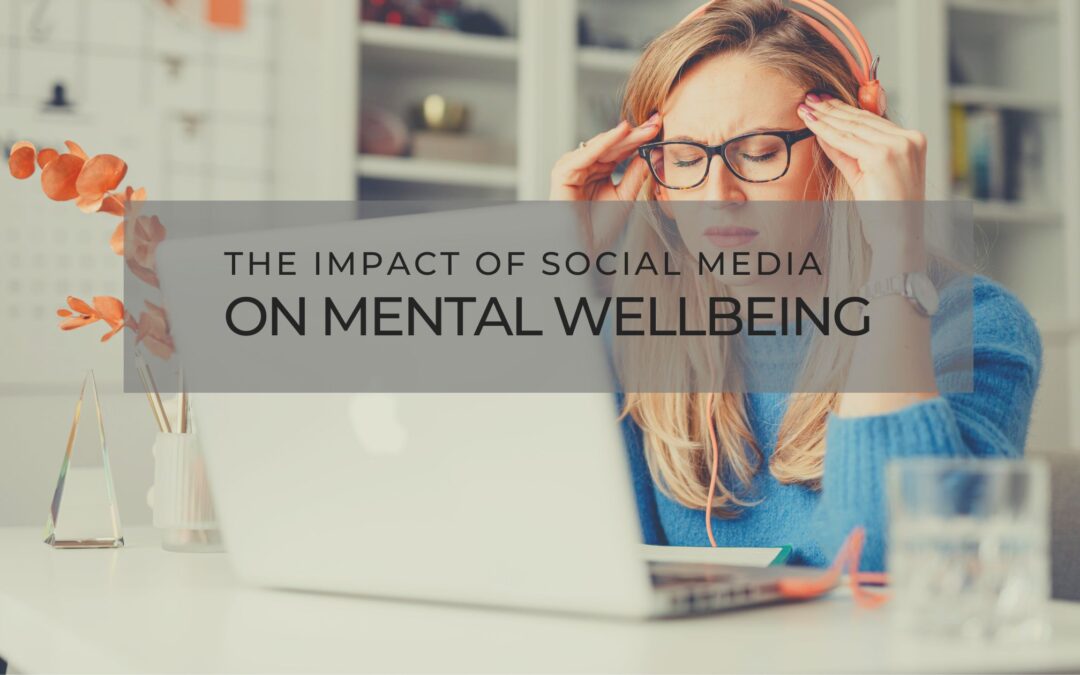Social media is now integral to daily life, providing a platform to connect with friends and family, share experiences and opinions, and stay up-to-date with news and current events. However, social media use has also been linked to negative impacts on mental well-being. It’s essential to know how social media affects mental health and some tips for healthily using social media.
Social Media Negatively Impacting Mental Well-being
Comparison and Self-Esteem
Feelings of inadequacy and low self-esteem are often from too much time on social media. These harmful feelings typically occur as people compare themselves to others online, including unrealistic beauty standards and perfect lifestyles. This can lead to adverse effects on mental well-being, including anxiety and depression.
Cyberbullying
With the rise of social media came the rise of cyber-bullying. Cyberbullying is a form of bullying that occurs online, which can significantly impact mental health, particularly among young people. Cyberbullying can cause anxiety, depression, and other mental health issues.
Addiction
Social media can be addictive and lead to feelings of dependency and anxiety when unable to access it. This can lead to an unhealthy relationship with social media, negatively impacting mental health.
Sleep Deprivation
The use of social media before bedtime can lead to sleep deprivation, which can harm mental well-being. Sleep is essential for mental health and well-being; social media use can interfere with this.
How to Use Social Media in a Healthy Way
Limit Social Media Use
Limiting social media use can reduce the negative impact on mental well-being. Try setting limits on time spent on social media each day or take breaks from social media altogether.
Be Mindful of What You Consume
Be mindful of what you consume on social media, including the accounts and content you follow. Unfollow any accounts making you feel inadequate or anxious. Instead, follow accounts that promote positivity and mental well-being.
Practice Self-Care
Practice self-care to promote mental well-being. Set aside time each day to engage in activities that bring you joy and relaxation, such as reading a book, bathing, or walking.
Connect with Friends and Family Offline
Connect with friends and family offline to promote social connection and reduce dependence on social media. Engage in face-to-face activities, such as going out for dinner, walking, or playing a sport.
Seek Help if Needed
If social media use is causing negative impacts on mental health, seek help from a mental health professional. They can offer support and guidance on managing social media use and promoting mental well-being.
Social media can significantly impact mental well-being, including comparison and self-esteem issues, cyberbullying, addiction, and sleep deprivation. However, healthily using social media by limiting use, being mindful of content, practicing self-care, connecting with friends and family offline, and seeking help if needed can help promote mental well-being.
